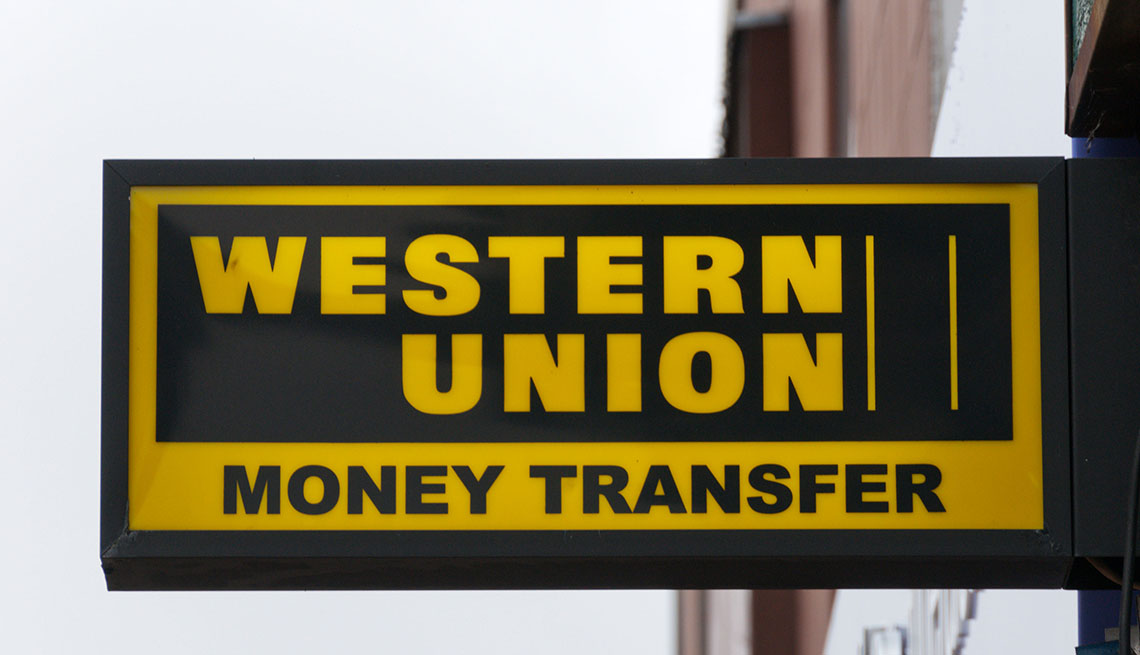More than $365 million of the forfeiture fund had been paid out to about 148,000 victims as of mid-2021, according to the DOJ, which reviews and clears claims for reimbursement.
As part of the deal, Western Union admitted it hadn’t done enough to prevent criminals from using its services for fraudulent purposes, tricking people into sending payments posing as suitors. or family members in need of money or promising discounted prizes, loans, jobs, products. or other financial rewards in exchange for money up front.
In addition to reimbursing victims, Western Union was ordered to take several steps to bolster consumer protections, including comprehensive anti-fraud training for its employees, enhanced monitoring to detect suspicious transfers, fraud warnings visible on money transfer forms and more ways for people to file fraud complaints with the company.
How to request a refund
The refund is available for people who sent a money transfer via Western Union between January 1, 2004 and January 19, 2017, as a result of a scam. Gilardi & Co., the company hired by the DOJ to handle the process, sent out hundreds of thousands of pre-filled application forms showing potential reimbursement amounts to people who may be eligible, based on reports they have previously filed with Western Union.
If you think you are eligible but the administrator has not contacted you, you can file a claim electronically or call 855-786-1048 to request a form. For more information on obtaining or returning a claim form, what to do if you disagree with the amount offered, or other aspects of the refund process, see the claims administration website or the FTC’s Western Union refund page.
Refund amounts are based only on the amount you sent in the fraudulent transaction, and only Western Union transfers are covered. You cannot be reimbursed for other charges, such as Western Union charges, incidental charges, or payments made by other means.
You may be asked to provide transaction documentation, such as a copy of the money transfer receipt. Contact Western Union Customer Service to request a receipt or information about your transaction history.
Andy Markowitz is a staff writer and editor for AARP, covering Social Security and fraud. He is a former editor of Prague Post and Baltimore City Paper.

